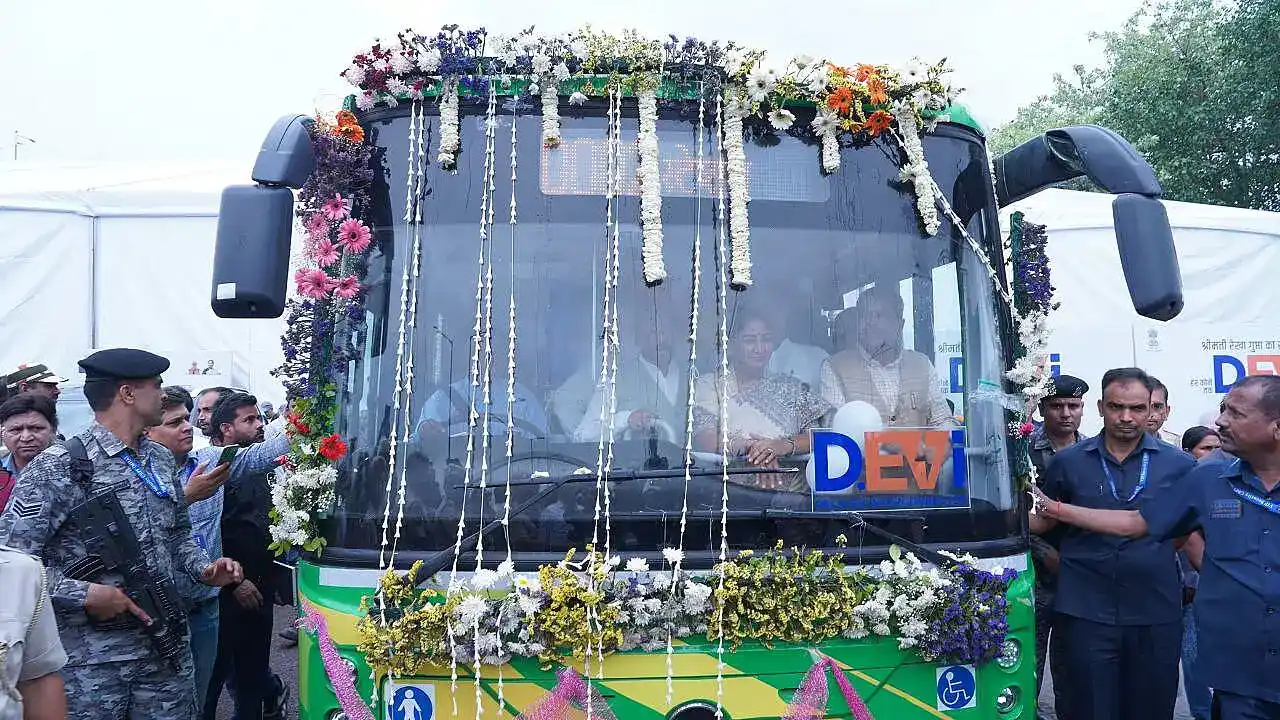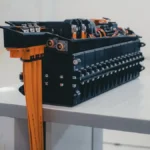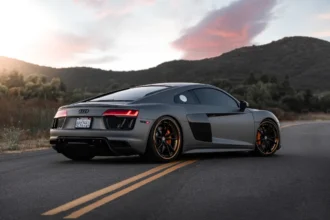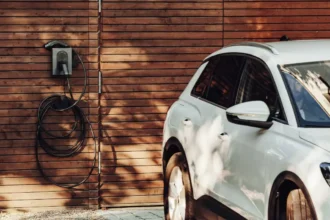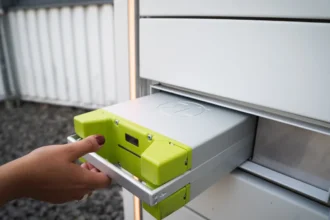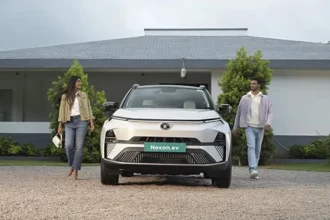What happens when a city decides to completely change how millions of people travel every day? Delhi is about to find out as it prepares for one of India’s biggest public transport transformations.
According to NDTVAuto, Delhi Transport and Health Minister Pankaj Kumar Singh announced that the city will introduce 4,000 electric buses by the end of 2025, replacing older CNG buses that currently serve the capital.
Understanding the Electric Revolution
These new electric buses represent a major shift from traditional fuel-powered vehicles to clean energy transportation. Unlike CNG buses that still produce some emissions, electric buses run entirely on battery power, producing zero direct pollution.
This change matters because Delhi struggles with severe air quality problems, especially during winter months when pollution levels can become dangerous for residents.
| Technical Feature | What This Means for You |
| 196 kW battery packs (6 total) | Enough power to run for 200 kilometers – like traveling from Delhi to Agra on a single 45-minute charge |
| 23 seats with 6 reserved for women | Comfortable seating with dedicated space ensuring women’s safety and convenience during travel |
| Wheelchair ramps and 40cm step height | Easy boarding for elderly people and those with mobility challenges, making buses accessible to everyone |
| CCTV and panic buttons | Enhanced safety features that let passengers call for help immediately during emergencies |
Health Initiatives Beyond Transportation
Minister Singh’s announcement wasn’t just about buses. The government is also expanding healthcare services significantly.
The Ayushman scheme, which provides free medical treatment to poor families, has already enrolled 2.31 lakh beneficiaries through door-to-door health card drives. This means over 230,000 people now have access to medical care they couldn’t afford before.
- Diabetes-plus with yoga program: Combines traditional yoga practices with modern diabetes management, recognizing that India has one of the world’s highest diabetes rates
- Free dialysis centers: Ensures kidney patients can receive life-saving treatment without worrying about expensive medical bills
- Comprehensive health cards: Provide families with easy access to government health schemes and medical facilities across Delhi
Implementation Timeline and Political Context
The 2025 deadline is significant because it shows the current government’s commitment to quick action. Singh made these announcements after completing 100 days in office, criticizing the previous AAP government for focusing on publicity rather than actual service delivery. This political context matters because Delhi voters will judge whether promises become reality.
Interestingly, Delhi already started running 255 new electric buses in May 2025, showing that progress is already happening. The government is also hiring many women as drivers and conductors, creating employment opportunities while improving public transport.
PMI Electro Mobility, which makes these buses, operates a women-led battery manufacturing plant, showing how this initiative supports both environmental goals and women’s economic empowerment.
What This Means for Delhi’s Future
These changes represent more than just new vehicles on Delhi’s roads. They signal a comprehensive approach to urban challenges – combining cleaner air, better healthcare, and improved public services. For Delhi residents, this could mean breathing cleaner air, accessing better medical care, and traveling more comfortably across the city.
The real test will be whether these 4,000 electric buses actually hit Delhi’s streets by late 2025, and whether they truly reduce pollution while serving millions of daily commuters effectively.
